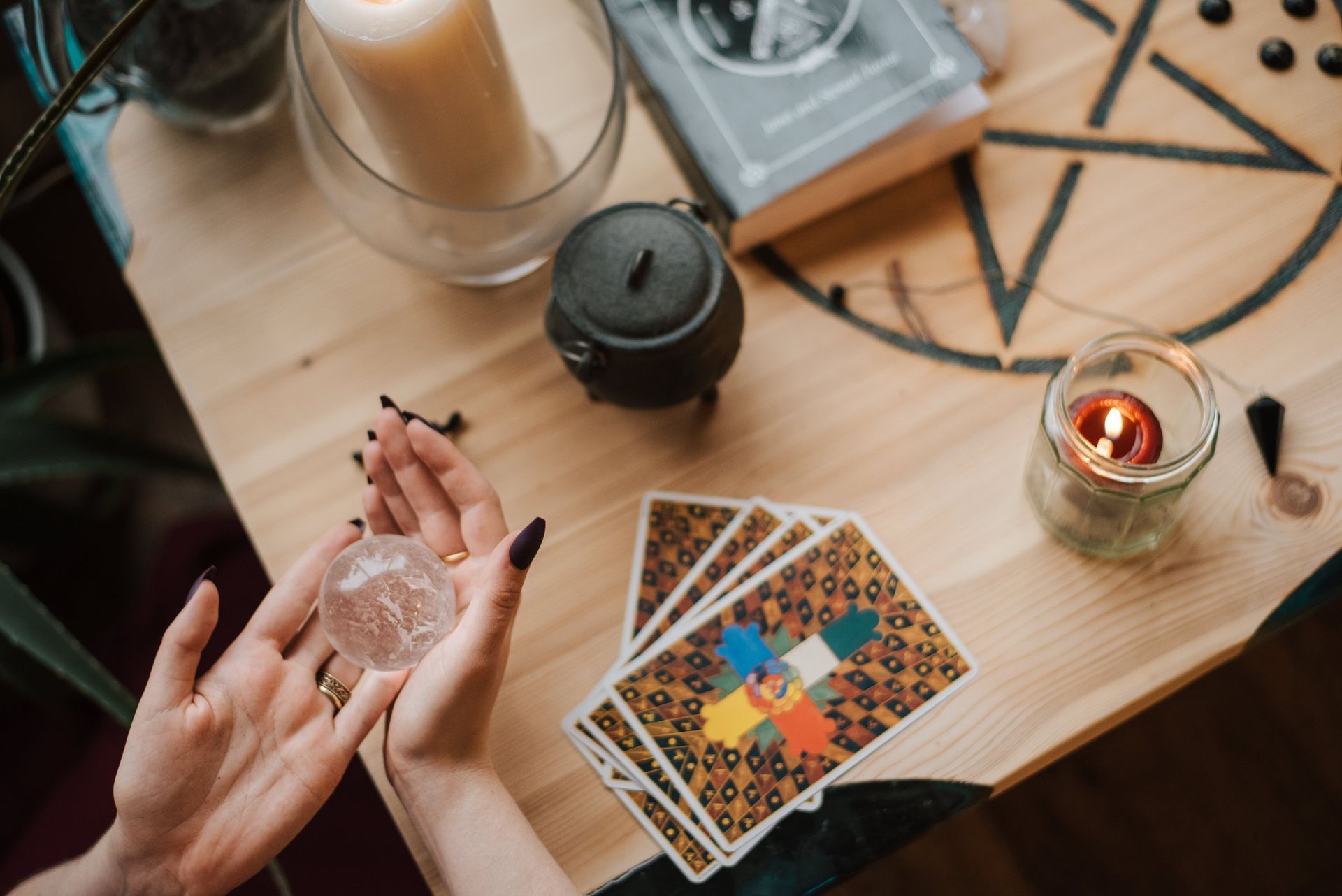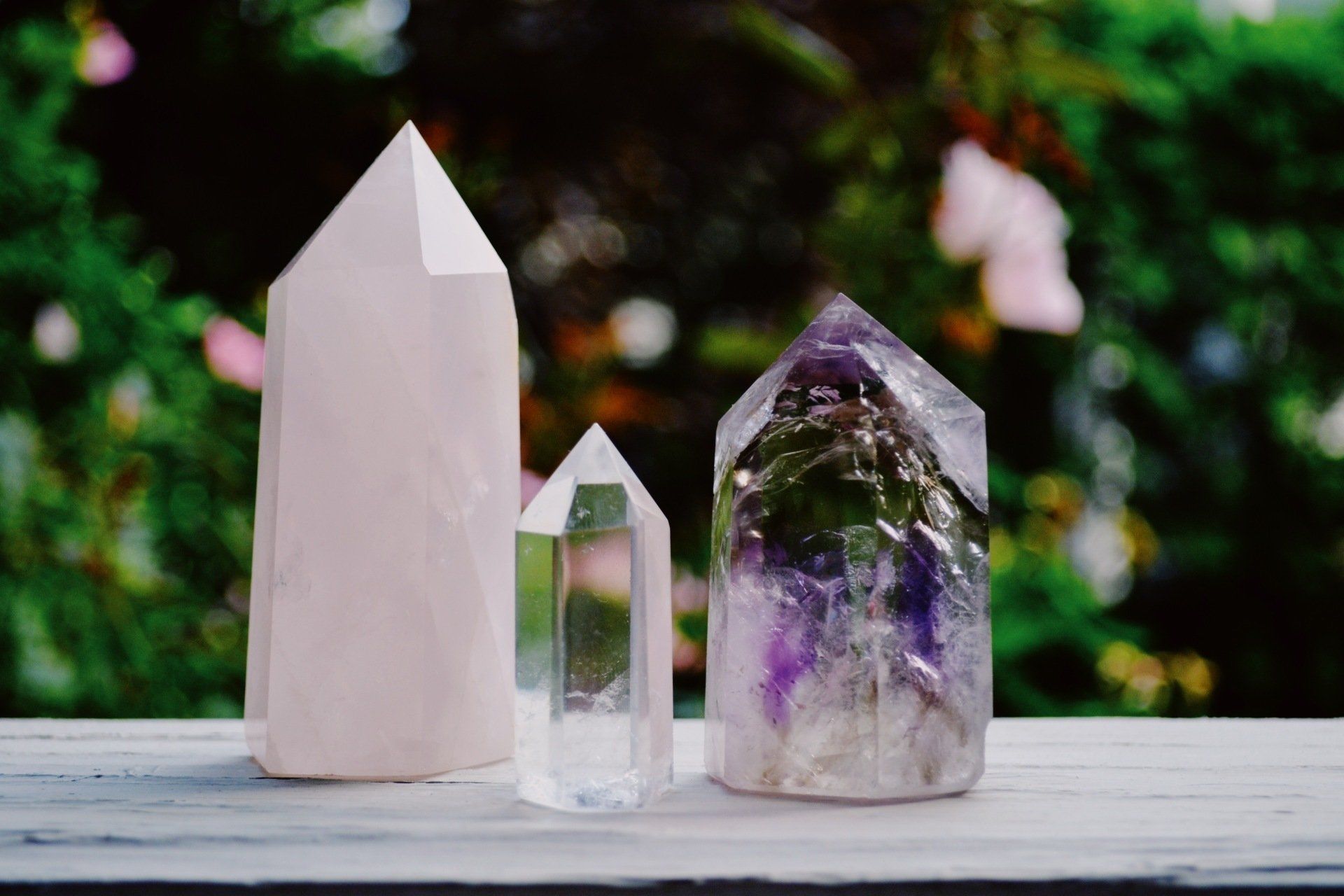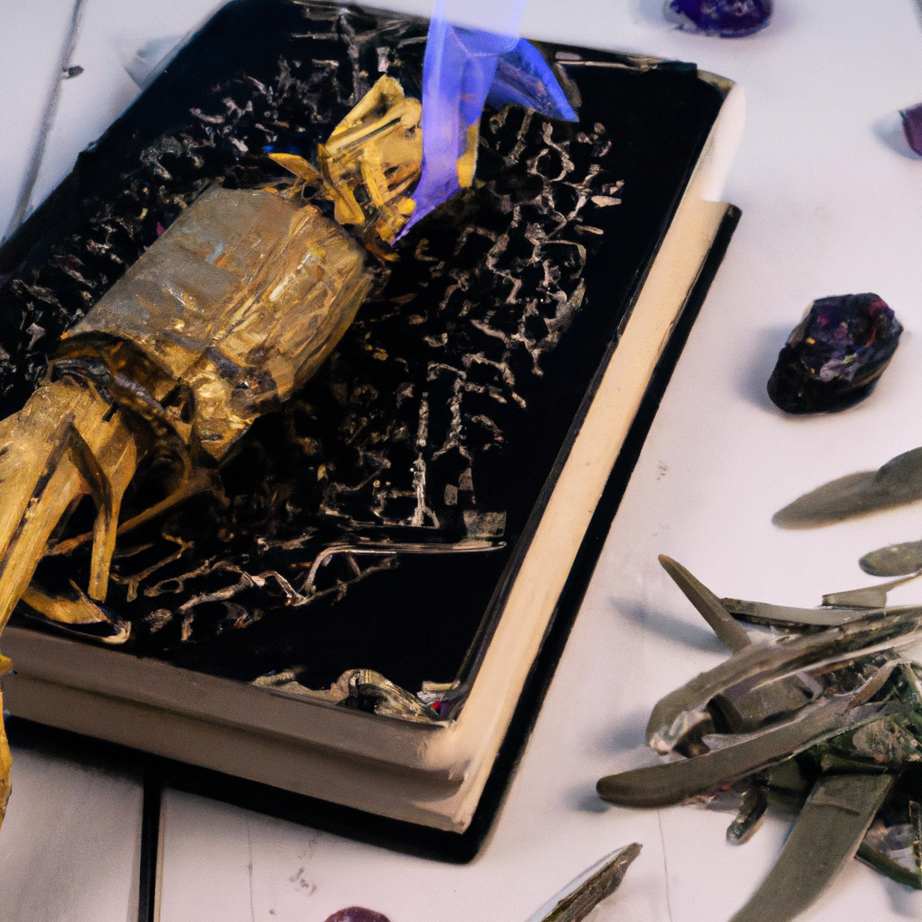Dreams in the Ancient World: The OG Netflix of the Night
Alright, let’s go back. Way, way back. We’re talking before the age of TikTok, TV, or even books (gasp!). Dreams, my friend, were the thing. They were more than just weird nighttime movies starring you and random people from high school; they were seen as powerful, divine messages, secrets to life, and sometimes a whole lot of drama. Ready to dive into the dreamscape of the ancient world and see how dreams were interpreted in some of history’s most legendary cultures? Let’s go!

Dream Interpretation: The Oldest Profession? (Almost)
Dreaming is as old as humankind itself—scratch that, animals dream too! So let’s say dreaming is as old as life. But interpreting dreams? Now that’s something that has fascinated humans for thousands of years. In fact, dream interpretation dates back as far as 3000-4000 B.C. Yeah, I know, that’s ancient. How do we know? Because these early folks etched their thoughts about dreams into clay tablets (talk about dedication to journaling). Back then, people didn’t exactly separate the dream world from the waking world. The lines were blurry, kind of like when you wake up groggy and can’t remember if your alarm went off or if you just dreamed it. To them, dreams were not just mysterious nighttime adventures but extensions of the physical world—sometimes even more real than reality itself.
Ancient Greeks and Romans: Dreaming for the Gods
When it comes to the Greeks and Romans, dreams weren’t just random brain flicks. Nope. They believed dreams were straight-up messages from the gods, and they took this super seriously. So seriously, in fact, that military generals and political leaders would bring along dream interpreters to battles. Imagine being the dream guru responsible for telling a Roman general if last night’s dream meant he was going to win or lose a major battle. No pressure, right? Dreams had a starring role in both Greek and Roman cultures, with the gods communicating through dream symbols. So if Zeus or Athena decided to drop by your sleep, you were expected to listen up. And speaking of listening, these ancient cultures didn’t just wing it; they had professionals on call to break down these divine sleep messages. Honestly, being a dream interpreter back then was kind of like being a high-stakes life coach with a direct line to the gods.
Ancient Egypt: Dream Like an Egyptian
Now, let’s head to ancient Egypt. Egyptians were all about the divine—and their obsession with the afterlife extended to their dreams. In fact, if you had particularly vivid dreams, you were thought to be especially blessed. Dreaming big wasn’t just a turn of phrase; it was seen as a literal gift from the gods. Priests in Egypt often doubled as dream interpreters, which gave them even more clout than they already had. Those blessed with vivid dreams were given a special status in society, and interpreters were the keepers of sacred knowledge. Talk about VIP treatment. And the Egyptians didn’t mess around with the importance of dreams either; these were recorded in hieroglyphics for future reference. Imagine being so dedicated to your dream journal that you chiseled your dreams into stone. That’s some serious dream discipline.
Dreams in the Bible: Divine Warnings and Prophecies
Let’s not forget how dreams are peppered throughout the Bible, popping up in over 700 mentions. Yep, dreams were a huge deal in biblical times too. People saw dreams as significant, often believing they held divine messages. Prophets, kings, and everyday folks turned to their dreams for answers, seeing them as a form of divine communication. Need proof? Just look at how many times dreams and their interpretations play a pivotal role in the most crucial stories of the Bible. Dreams were often seen as direct messages from God or spirits, helping guide people on everything from personal decisions to major life changes.
Dreams as Prophecy: Omens or Just a Bad Night’s Sleep?
Many ancient cultures believed that dreams could foretell the future. In fact, dreams were often seen as prophecies. Got a big decision to make? Better sleep on it, because your dreams could hold the key to the future. People often interpreted their dreams as omens or warnings, adjusting their actions based on what they dreamed. Sometimes the dream was seen as a direct message from a deity, sometimes from departed souls, and, in some cases, even from demons trying to stir the pot. That’s right, dreams were thought to have serious implications on daily life, whether it was advising military tactics, giving political direction, or even diagnosing illnesses. Ancient cultures weren’t just dreaming for fun—this was high-stakes stuff!
Indigenous Wisdom: Dreaming as a Gateway to the Spirit World
While the Egyptians, Greeks, and Romans were dreaming about divine messages, Indigenous cultures were dreaming with a purpose—literally. In many Native American and Mexican societies, dreams were seen as a way to commune directly with the gods or with their ancestors. You weren’t just catching some Zs; you were entering another dimension. For Indigenous people, dreams were a way to gather wisdom and guidance. Some believed that their ancestors lived in their dreams, taking the form of animals, plants, or natural elements to deliver messages. Dreams were about more than self-reflection; they were a direct line to the spirit world, where knowledge, purpose, and insight were shared. In fact, this belief still exists in many parts of the world today. For some Indigenous cultures, dream interpretation plays a crucial role in figuring out one’s mission in life. So next time you wake up from a dream about a talking eagle, maybe don’t write it off as too many late-night snacks!
The Chinese Perspective: Don’t Wake the Dreamer!
Speaking of ancient beliefs about dreams, let’s hop over to China. In ancient Chinese culture, dreams were believed to be the time when your soul left your body and roamed free. But here’s the kicker: if you were rudely awakened during a dream, your soul might not make it back to your body. Yikes! This is one reason why some people in ancient China (and even today) aren’t big fans of alarm clocks. After all, nobody wants to risk losing their soul to the dream world, right?
The Dream Crash of the 19th Century: When Dreams Lost Their Spark
Everything was all dreamland bliss until the 19th century came along and wrecked the vibe. In this era, people started dismissing dreams as little more than reactions to anxiety, indigestion, or even bad food. That’s right—our great-great-grandparents thought nightmares were basically the result of a bad taco. Dream interpretation fell out of favor, and suddenly, no one cared about the deep, meaningful messages that might be hiding in their subconscious.
Enter Freud: The Ultimate Dream Rescuer
Just when dreams seemed like they’d be relegated to mere biological processes, in swoops Sigmund Freud with his theory that dreams are the key to understanding the unconscious mind. Freud revived the whole idea of dreams being meaningful, bringing dream interpretation back into the limelight. He believed that dreams were a way for us to work through our repressed desires, conflicts, and fears. Freud’s theory made dreaming cool again—and thank goodness, because what else would we talk about during brunch?
Wrapping It Up: What Can We Learn from Ancient Dreams?
If there’s one thing ancient civilizations agreed on, it’s this: dreams are important. Whether they’re messages from the gods, communions with ancestors, or secret guides to the future, dreams were never just random nonsense in the ancient world. They were revered, studied, and acted upon. And while our modern understanding of dreams might lean a little more toward science, it’s hard to deny that dreams still hold a certain magic.
Next time you wake up from a vivid dream, take a second to think about how ancient Egyptians, Romans, or Native Americans might have interpreted it. Maybe it’s not just a wild dream after all—maybe it’s a message from somewhere beyond. Or, you know, maybe it was just the late-night pizza. Either way, sweet dreams!
P.S. Want to share your thoughts on dreams? Don't be shy! Share in the comments below what you are doing to interpret your dreams or comment on my social media at: https://www.facebook.com/AMusingMystic or https://www.instagram.com/amusingmystic/
For tools to help you learn about dreams, check out my Amazon Storefront: https://amzn.to/3Lib2O8 or my dream interpretation guide here:
https://stan.store/AMusingMystic
*As an Amazon Influencer, I earn commissions from items you purchase through my storefront. Thank you for supporting my small business!*
More Mystic inspirations



